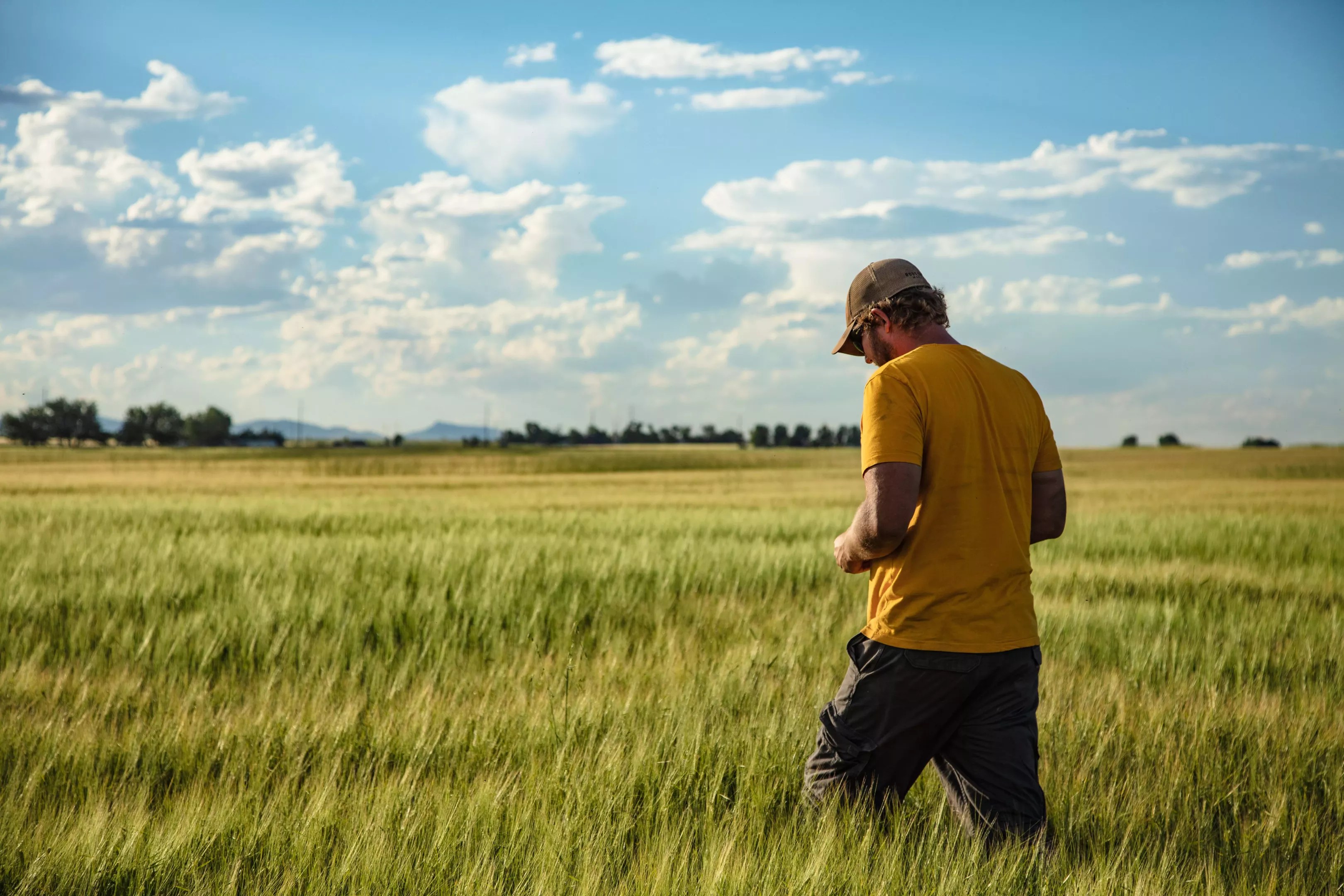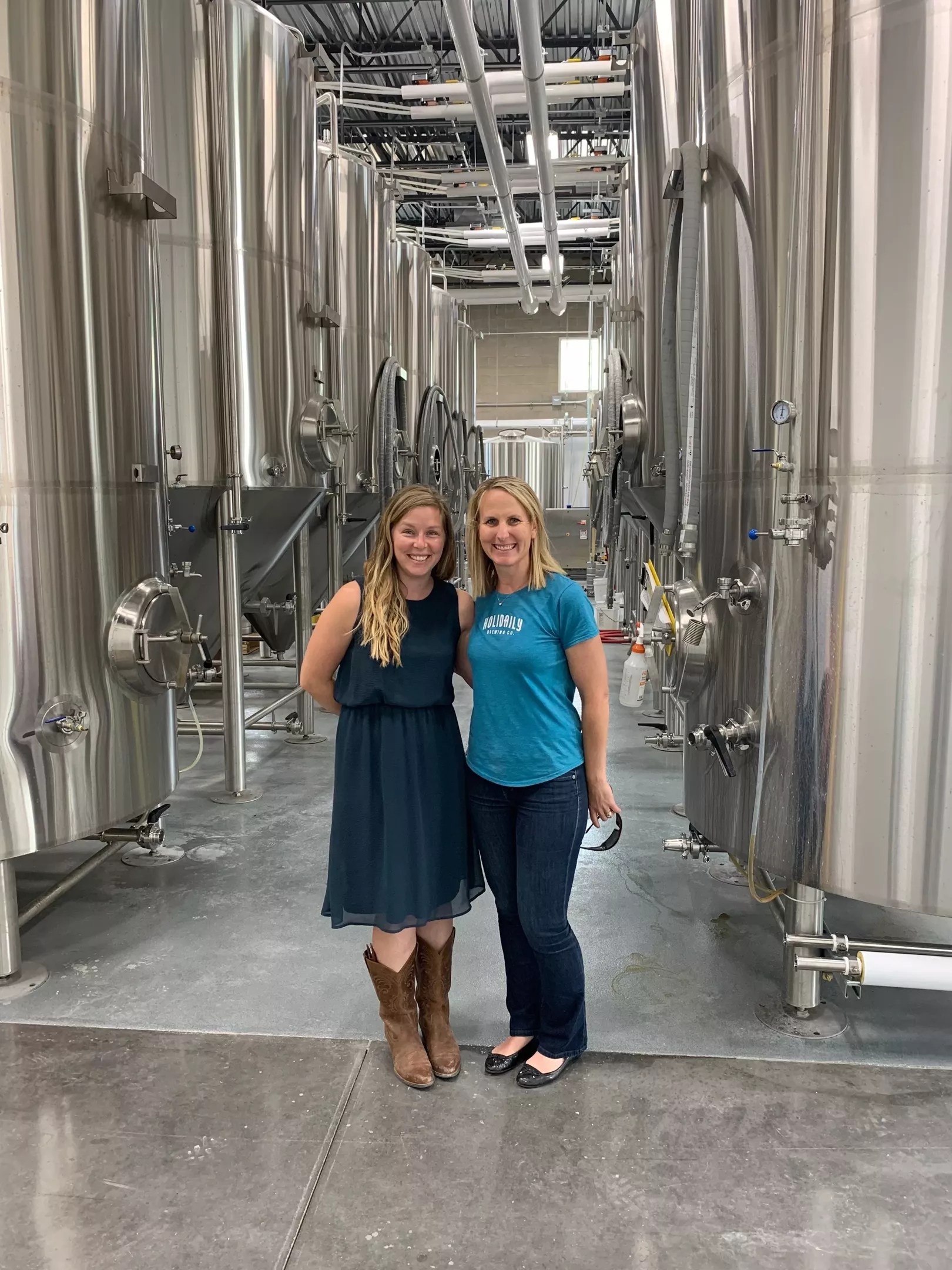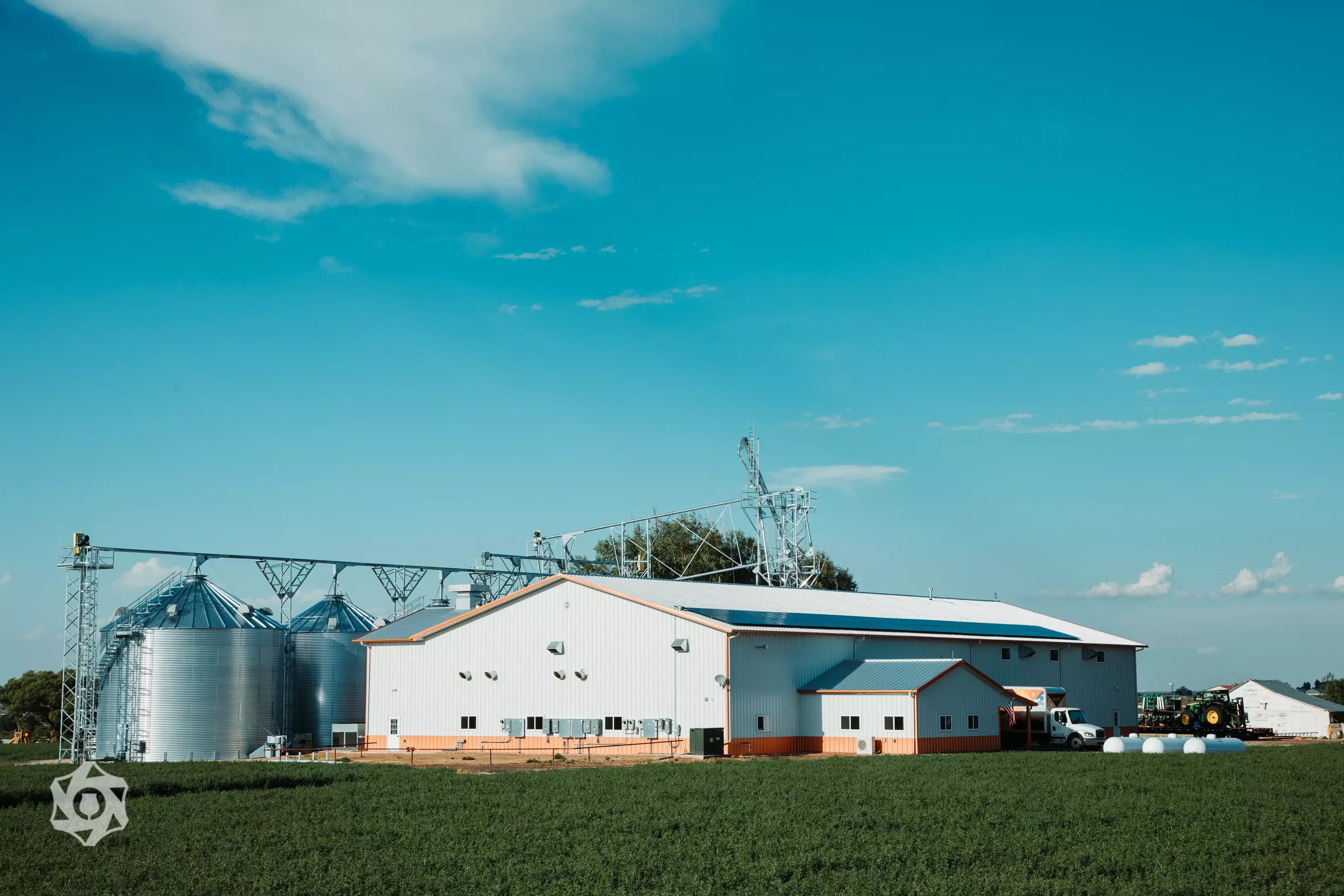
Traverse Image

Audio By Carbonatix
“Supporting your local brewery is a great choice. Supporting your local brewery who supports the local malthouse who supports their local farmer is even better,” says Steve Kurowski, the new executive director of the Craft Maltsters Guild, a group dedicated to promoting and preserving the high-quality malting of grain taking place at small, independent, local maltsters.
Plenty of Coloradans cite locality as a primary reason to support a business, both for sustainability of the planet and for the local economy. But there’s another important reason to prioritize local when it comes to the quality of Colorado beer: The local grains being malted by the state’s maltsters are fresh and unique.
Like the early craft breweries of America fighting for space with macro beer producers, these small maltsters are finding ways to distinguish themselves among the high-output, lower-priced behemoths that have dominated the market for decades. In Colorado, maltsters are doing this by offering a wide range of flavorful grain for brewers to choose from – and breweries are taking advantage.

Eric and Lisa Larkin consider local malt a core component of the beer at Cohesion.
Courtesy of Eric Larkin
Those flavors were a driving force for Eric Larkin to turn to Troubadour Maltings in Fort Collins when he and his wife, Lisa, opened Cohesion Brewing in Denver three years ago. While Larkin focuses on Czech-style beers, right down to the authentic faucets that pour the beer, the relationship with Troubadour allows him to create the exact beers he desires. “We’ve been able to build out a number of new malts and offer a unique experience with our beers,” says Larkin. “By focusing on freshness as well as customization, we’ve been able to explore malt flavor in some really rewarding ways.”
Although Larkin doesn’t enter Cohesion’s beers in the Great American Beer Festival, several other Troubadour Maltings-driven beers found success at this year’s competition. Stodgy Brewing won a silver for its Scottish Ale in a category of the same name, and its Fort Collins neighbor New Belgium Brewing won gold for its Smoke and Embers beer in the smoke beer category.
Like Troubadour, Colorado’s oldest craft maltster, Colorado Malting Company, offers a variety of smoked malts. Its most distinctive is smoked with local cottonwood from the San Luis Valley. Denver’s Our Mutual Friend Brewing is a notable customer of Colorado Maltings, regularly using the smoked malts for beers such as StjÁ¸rdalsÁ¸l, a smoked dark strong ale with deep, layered flavors of intense smoke, and Clemens Smoked Lager, a more casual but still prominent smoke-flavored beer.
These beers showcase the diversity and range of the grains available locally. The varied offerings from maltsters help breweries find new ways to compose beers and stand out in a crowded market.
Colorado Malting Company supplies an even larger amount of grain to local distillers. Chief among these is Laws Whiskey House. Founder Al Laws says he is all in on the one-of-a-kind flavors that come from local grains. He believes the freshness of the malts plays a pivotal role in the final flavor, and he couldn’t see his whiskey being made any other way.

Twila Soles (left) of Grouse Malt House, with Holidaily’s Karen Hertz (right).
Holidaily Brewing
Another leader who believes in local grain is Karen Hertz, owner of Holidaily Brewing in Golden. Hertz is a survivor of both melanoma and thyroid cancers and has been focused on gluten-free brewing since the brewery’s inception over a decade ago.
“When I was Googling gluten-free grains to buy, the only company in the world that was malting gluten-free grains was Grouse [Malt House], sixty miles from my front door,” says Hertz. While that initial decision was seemingly made for Hertz, the partnership with Grouse became incredibly tight-knit over the years. Grouse Malt House was founded by Twila Soles, who is also a founding member of the Craft Maltsters Guild. Soles, like Hertz, found that a gluten-free diet provided a new way of life, freeing her from serious medical side effects.
The partnership between Holidaily and Grouse has grown over time. “We have regular production and forecasting meetings with [Soles] to ensure that we work well together,” says Hertz. “She’s also selective in her farmers, because there are a lot of farmers that have [gluten-free grains] available, but they use their wheat equipment on it, and we can’t use those kinds of grains,” she says, adding that Soles is also focused on supporting the local farming community.
With that type of relationship, it’s no surprise that Holidaily has seen consistent success in competition with its beers. At this year’s GABF last month, the brewery won gold in the gluten-free category for Fat Randy, an IPA. Its Buckwit Belgian has also picked up a pair of medals in recent years, including a silver at GABF in 2022. Hertz is especially proud of that beer, pointing out that it’s a more malt-focused beer that really highlights the quality of Grouse’s grain and what Holidaily can do with it.

Root Shoot Malting in Loveland is a key component in the Colorado brewery grain market.
The Brewtography Project
Since 2019, the Craft Maltsters Guild has held its own competition, called the Malt Cup. Loveland’s Root Shoot Malting has been the most decorated maltster at the event – not just in Colorado, but across the country. It has won at least one medal every single year of the competition, a feat no other maltster has accomplished. Beers made using Root Shoot also won medals at the 2024 GABF, with longtime customers like Station 26 Brewing and Green Mountain Brewing Company leading the way.
Root Shoot is careful about its impact on the local environment, avoiding chemicals and using processes like no-till farming, a method that doesn’t disturb the soil and results in a reduced amount of carbon being released into the atmosphere. This approach does come with challenges. “We have a lot of clay, so it’s difficult to plant successfully in that type of soil,” says co-founder Todd Olander. To help overcome obstacles like naturally difficult soil, Root Shoot has invested in a special no-till drill.
The company’s offshoot, Root Shoot Spirits, is focused on whiskey but still very involved on the beer side of things. Co-founder Emily Olander says that the company plans to release a whiskey later this month that was made in collaboration with Boulder’s Upslope Brewing. To make it, Root Shoot emptied four-year-old American single-malt whiskey barrels, sending them over to Upslope, where they were filled with its Imperial Brown Ale. Once they were emptied, Upslope sent them back to Root Shoot, where the original whiskey was finished in those barrels. These types of projects can’t happen without two creative local businesses working together toward a shared goal.

Colorado Malting Company grows and malts grain in the San Luis Valley.
Laws Whiskey House
Leopold Bros is the smallest of Colorado’s craft maltsters, but it also has a strong passion for malting. The Denver distillery is known for plucking authentic techniques from history and incorporating them into its spirits. It uses a similar approach for its pilsner malt, a growing favorite among local breweries. To create it, Leopold utilizes floor malting, which is a more labor-intensive method for malting grain.
“After Prohibition, alcohol production shifted from chasing flavor to chasing yield,” notes Danny Bechthold, head maltster at Leopold Bros. “The inconsistencies and manual nature of floor malt [results in] a malt that pushes the body, flavor and color of a beer toward profiles that have long been lost.”
As Kurowski suggests, it’s not just about supporting a local brewery, but the local brewery that is also supporting its local maltster. The small, local maltsters in Colorado are either farming grain themselves or purchasing grain from local farmers, completing a circle that will ensure that the state leads the way in both quality and sustainability for future generations.